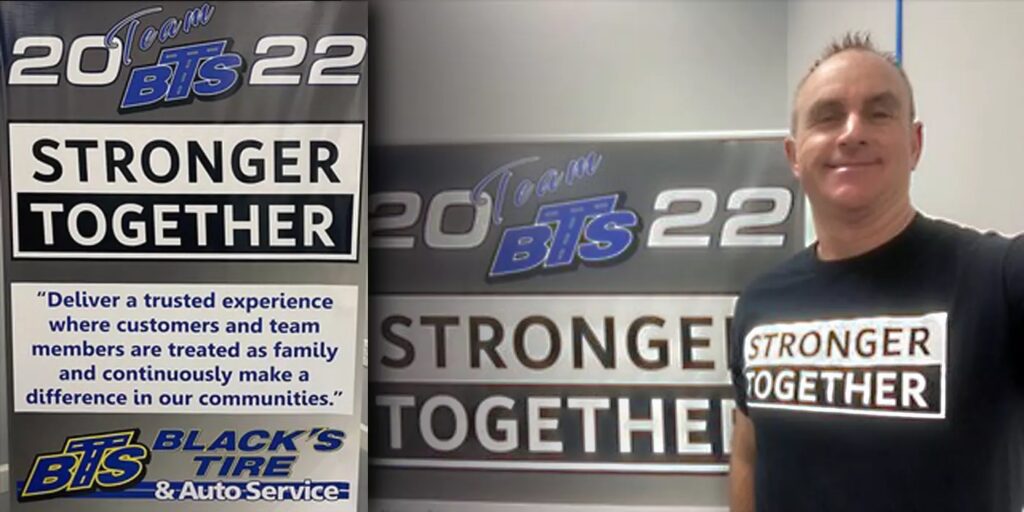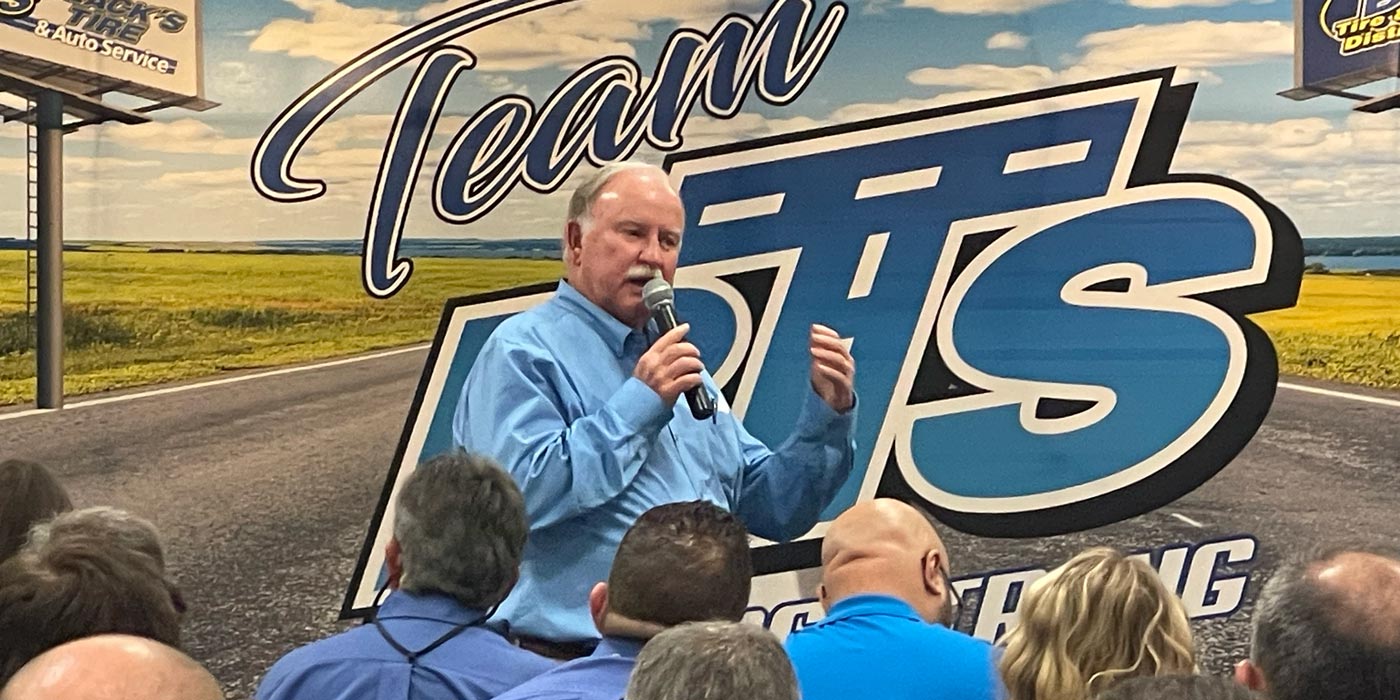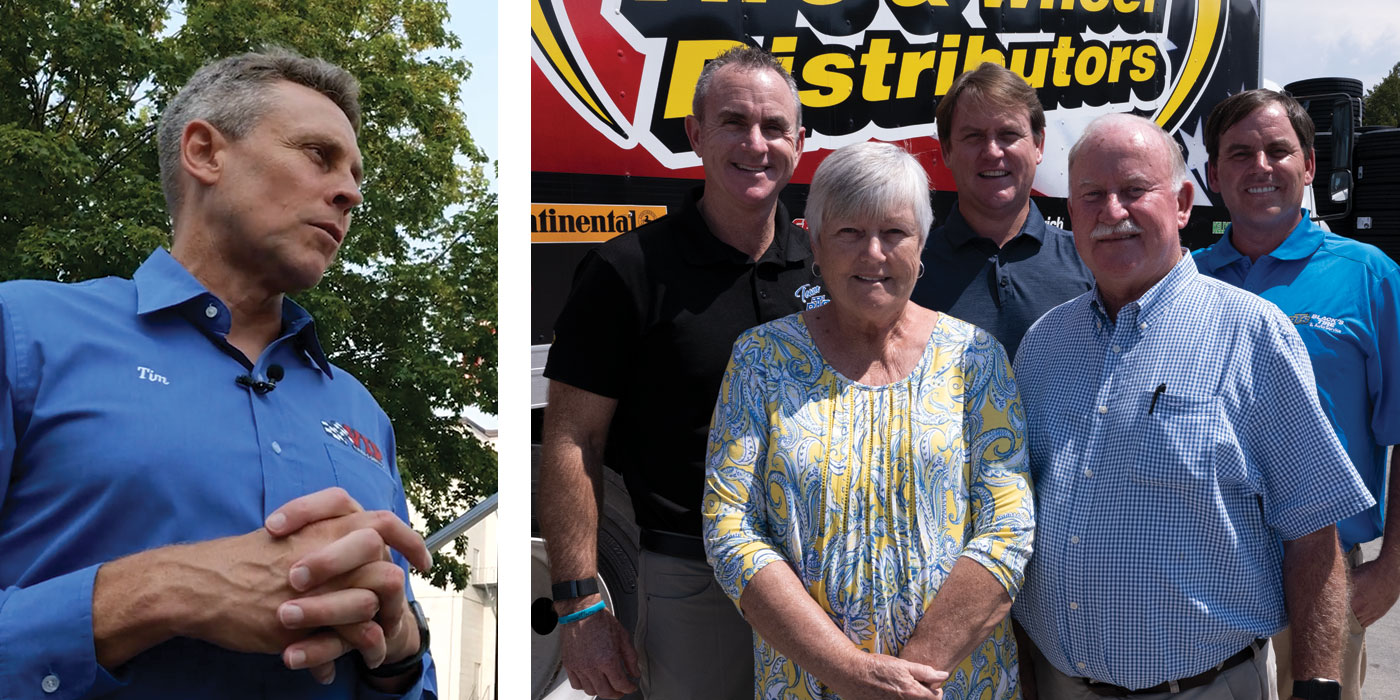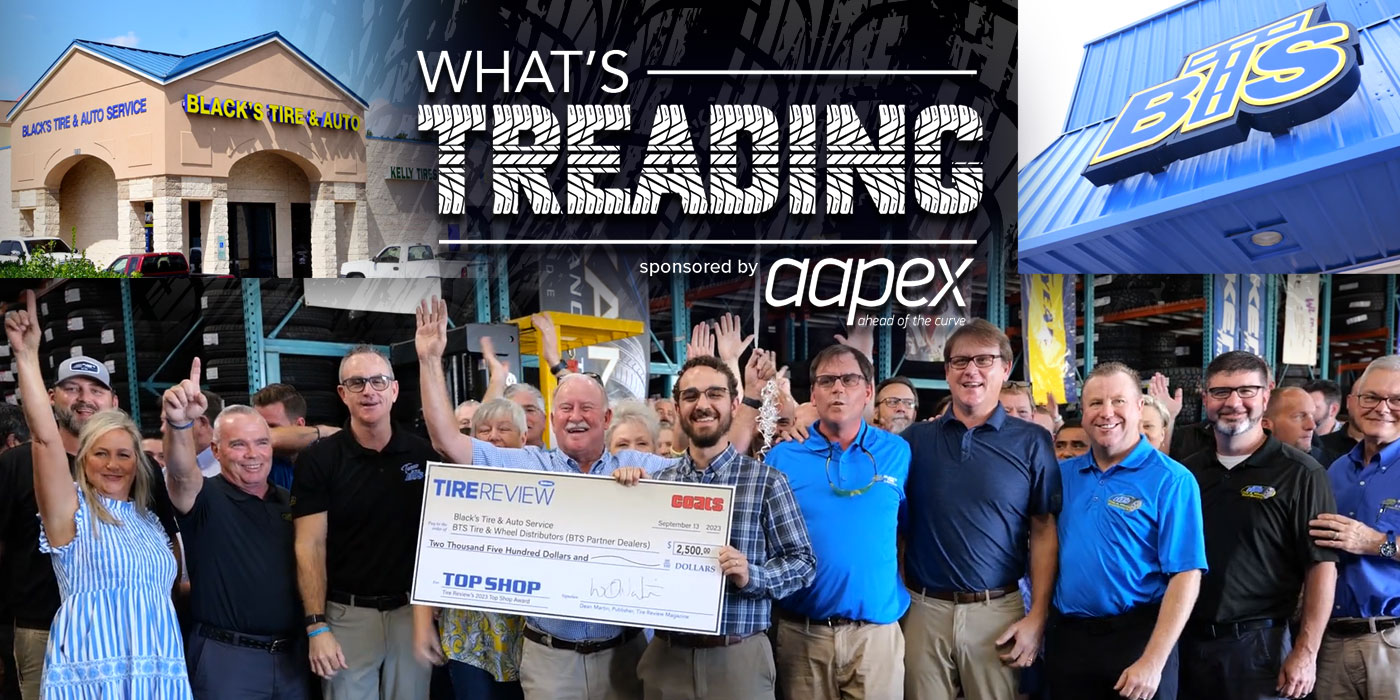I’ve spoken to many representatives from manufacturers, wholesalers and retailers who report that techs, counter people, drivers and even white-collar team members have walked off the job, failed to report, or given notice, and their businesses have been impacted by these departures. This isn’t just a tire industry issue—and goes beyond the tech shortage that has plagued the industry for decades.
On Feb. 1, the U.S. Bureau of Labor Statistics announced that voluntary separations (quits) for the month of December 2021 totaled 4.338 million. It was the sixth straight month that quits exceeded 4 million, bringing the total number of departures for the nine-month period dubbed, the “Great Resignation,” to just over 37 million workers. It’s a phenomenon that has touched every industry, region and age group – including the more than 700,000 people employed in the U.S. tire industry. In fact, the Trade, Transportation & Utilities sector, which contains much of the tire industry, has consistently outrun the wider economy with respect to quit rate since the start of the “Great Resignation.” But I’ve also talked to leaders in our business who have experienced almost no associate turnover during the same period. So, what’s the difference?
In a word: Caring. Organizations that have created cultures of caring, where associates feel valued, recognized and listened to have been far less likely to lose associates than those who don’t.
For those unfamiliar with the term, the “Great Resignation” refers to the mass, voluntary departure from apparently perfectly good jobs of millions of American employees since April of last year. I say apparently because for many, the motivation behind these departures has been greatly misunderstood. Far too many, even still, speculate that these exits have been driven by aspects such as too much COVID money in the economy, a new dot-com boom and mythical selfish and entitled millennials. Meanwhile, actual research from folks like YPulse and Limeade found that a common thread that runs through a majority of these departures is a lack of care on the part of the employer – a lack of care that has resulted in millions of workers looking for something better.
More: Virginia Tire Looks to Female Staff to Address Labor Shortage
Unfortunately, all of the emphasis has been placed on the quit. However, the quit is simply a result – a result of a choice on the part of so many employers to care less, or not at all. As I have written elsewhere, what preceded the “Great Resignation” was a “Great Realization” on the part of workers – that one’s talents are near infinitely transferrable and that continuing to accept the unacceptable is a bad idea. So, they left. And they will keep leaving until business leaders awaken to the notion that the person they see in the mirror is no more important than the people they are intended to care for. The good news is: many in our industry have already figured this out.
People like Ira Silver, president of Max Finkelstein, Inc of Astoria, New York, said he believes that MFI’s people are a core element of their success, and he and their other leaders act accordingly, ensuring a culture of care prevails across an organization that spans 15 distribution centers throughout the northeast and mid-Atlantic. Of their associates, Silver says, “It is very important to me that our people are treated fairly and with respect.” This sort of tone from the top is essential in ensuring that people are cared for and valued in any organization. People stay at MFI because they recognize that leadership at the very highest levels values them and their contributions. It’s just that simple.
Caring for others, or not, is a choice. It’s a very simple choice. Fortunately, given current business conditions, it’s not a choice that requires a tremendous financial investment. Caring merely requires that leaders show their associates that they are valued, that their input matters, that their contributions will be recognized, and that when the goals of the organization are achieved, their lives will improve as a result. These are things that the team at Black’s Tire Service has figured out.
More: Labor Issue No Match for Tire Dealers Thinking Outside the Box
Rick Benton, the third-generation leader at Black’s Tire Service (BTS), an operator of more than 50 retail locations based in Whiteville, North Carolina, told me that their “Stronger Together” culture has not only enabled them to retain their best people during the “Great Resignation,” but is a competitive advantage as well. As the pandemic forced changes in the way BTS could interact with their people, they changed too, in order to ensure that they maintained the same level of communication and training they had pre-COVID, and to guarantee that the “Stronger Together” message never wavered. They even built a virtual green room that enabled them to increase the frequency and quality of communication and training from Whiteville to their many distant associates. “For those companies where associates are ‘only a number’ and who don’t allocate the time we do to training and culture, I know the ‘Great Resignation’ must be a huge problem,” said Benton. “Our leadership team spends a ton of time making sure this culture that we have built is never sacrificed and remains a top priority,” he continued. See, when people know they matter to those running a business, they tend to stay.

What Max Finkelstein and Black’s Tire Service have figured out is that knowing how to keep your people isn’t hard. For sure, the work of actually building a great, caring culture is never easy. But knowing what it takes to keep great people isn’t difficult to comprehend. It’s mostly a Golden Rule thing. Simply treat people the way you’d want to be treated. Nearly 40 million people have left in search of people who can get this very simple thing right. If you are losing perfectly good people, you might try it, for a change.
Phillip is CEO and managing partner of Grace Ocean, LLC a boutique advisory firm located in northeast Ohio.














